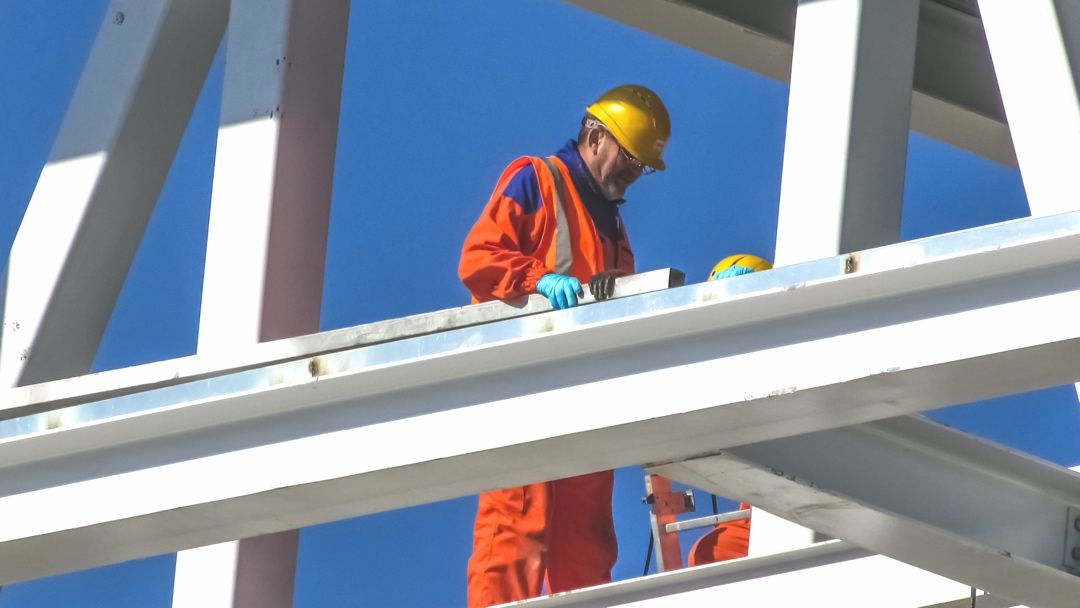2018 was a historic year for Canada as recreational cannabis sales, possession, and consumption were legalized. Canadians were granted the freedom to purchase and consume a once illicit drug, which affected workplaces across the country.

Every single Canadian company was forced to reevaluate their drug and alcohol policies to fit the new legal landscape. HR radars zeroed in on cannabis.
Cannabis use is not new, and Canada did not see a big jump in number of users after legalization, which a lot of experts had predicted. But the idea of employees going home and smoking a joint as they might drink a beer has been a new idea for employers. Many professionals in safety-sensitive industries did a THOROUGH examination of their drug and alcohol policies, with cannabis-use top of mind.
One of the largest of these industries is construction, which employs over a million Canadians. This massive industry is home to safety risks of all kinds, and sites that can be dangerous - whether or not you are impaired. Throwing cannabis impairment into this mix could potentially have fatal effects, just as alcohol impairment could.
There isn't enough data available from the last two years to see if legal cannabis leads to an increase in impairment on the job site, or even an increase in accidents caused by impairment. This is not to say that cannabis has not affected the construction industry.
Here are two ways we've seen cannabis change the construction industry:
Cannabis use is not new, and Canada did not see a big jump in number of users after legalization, which a lot of experts had predicted. But the idea of employees going home and smoking a joint as they might drink a beer has been a new idea for employers. Many professionals in safety-sensitive industries did a THOROUGH examination of their drug and alcohol policies, with cannabis-use top of mind.
One of the largest of these industries is construction, which employs over a million Canadians. This massive industry is home to safety risks of all kinds, and sites that can be dangerous - whether or not you are impaired. Throwing cannabis impairment into this mix could potentially have fatal effects, just as alcohol impairment could.
There isn't enough data available from the last two years to see if legal cannabis leads to an increase in impairment on the job site, or even an increase in accidents caused by impairment. This is not to say that cannabis has not affected the construction industry.
Here are two ways we've seen cannabis change the construction industry:
Education and Awareness
Drug Policies

